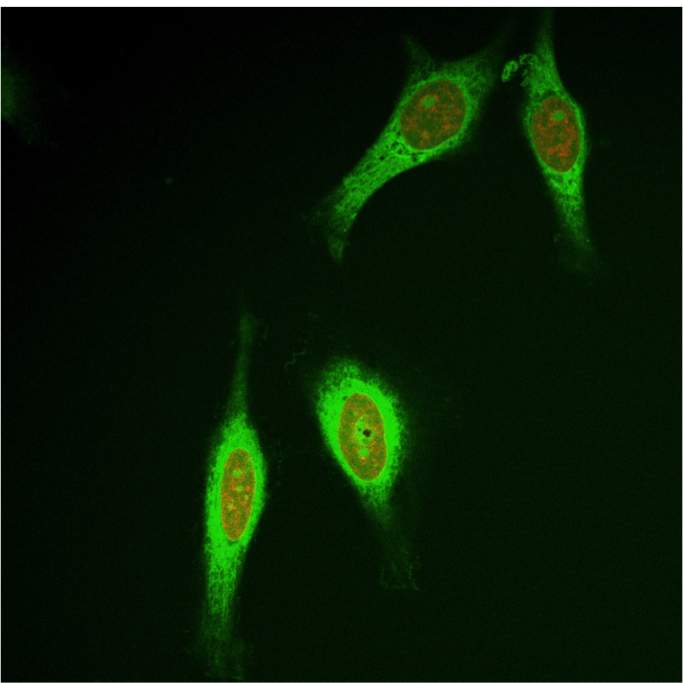
The researchers have demonstrated that a class of naturally occurring enzymes, named glycosidases, are heavily overexpressed in tumour tissue and can be used to trigger the release of therapeutic payloads in the local tumour sites only.
Currently, cancer treatment is unable to target cancer cells only which limits the dose of the drug that can be safely administered and can also cause severe side effects. It is hoped that the findings may result in developing improved cancer therapy combatting these problems, as well as being used cancer imaging and diagnosis.
Associate Professor in Chemistry at Trinity, Eoin Scanlan, who led the multidisciplinary group, said: “This is a really exciting discovery because it brings us closer to more targeted treatment of cancer. Some current therapies are limited due to the toxicity of the compounds, but our compounds are completely inactive until they are released by the enzymes that are naturally overexpressed at the tumour site. The active compound is then rapidly taken up by cancer cells.” He continued: “Our next steps will be to apply this technology to release specific anti-cancer drugs and to test it against a range of different cancer types.”
The research was carried out in the Trinity Biomedical Sciences Institute by researcher Elena Calatrava-Pérez in collaboration with Professors Thorfinnur Gunnlaugsson, Mathias Senge, and Clive Williams and was recently published in the journal Chemical Communications.
The research was funded by Science Foundation Ireland (SFI).






